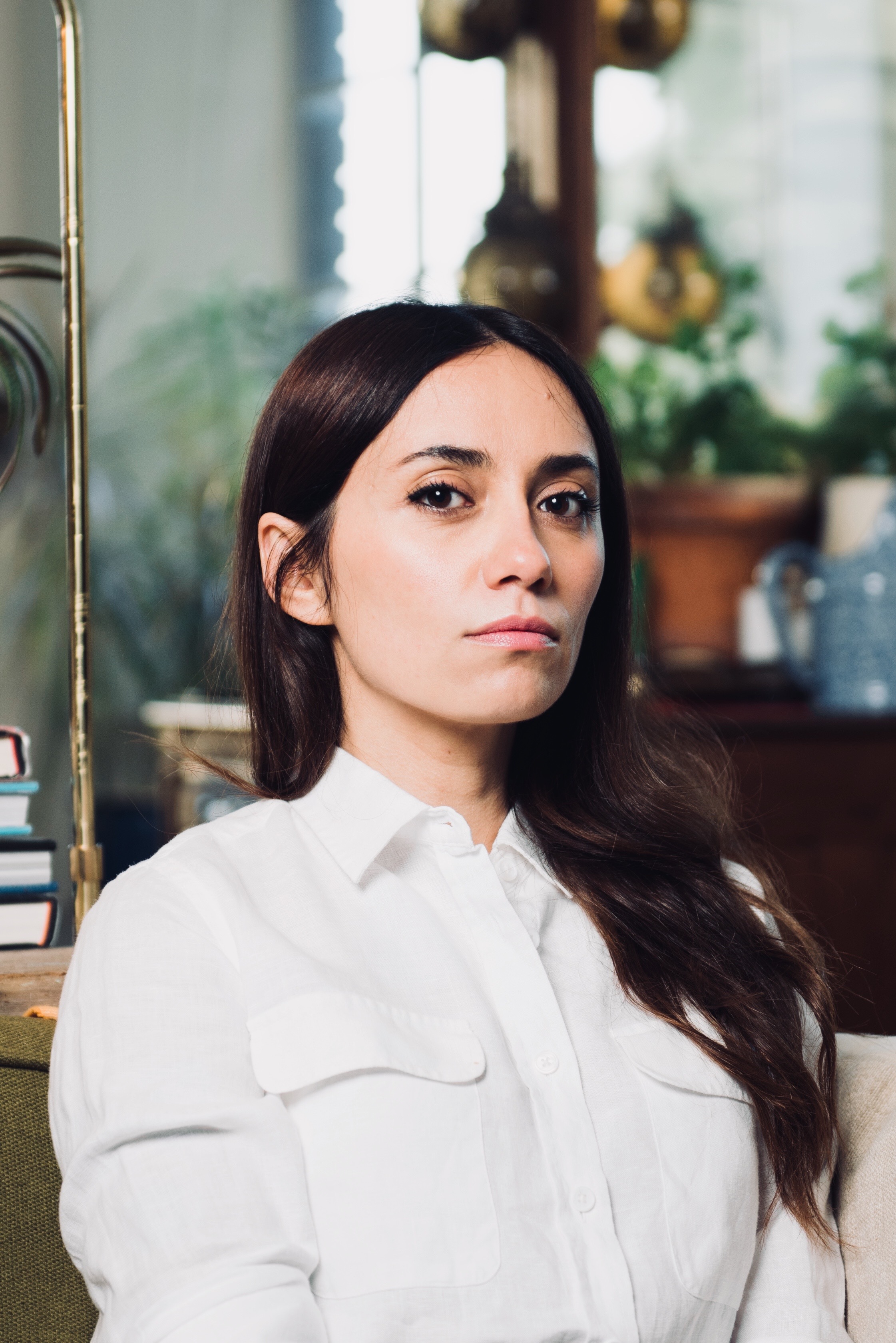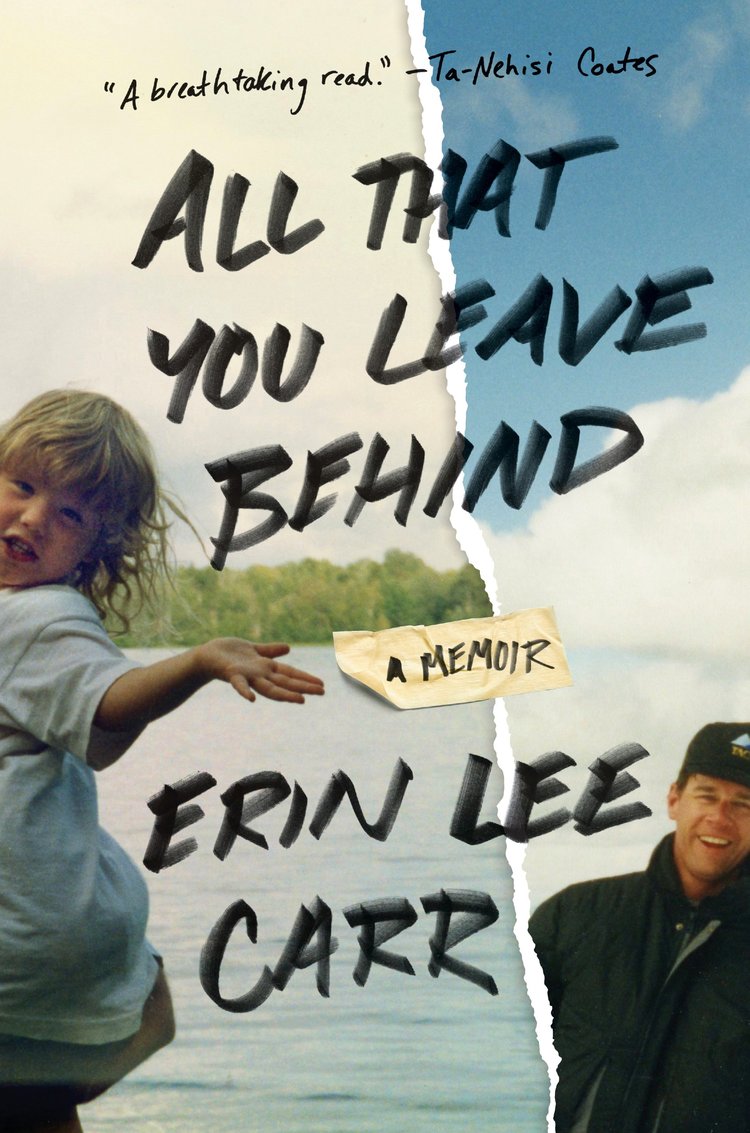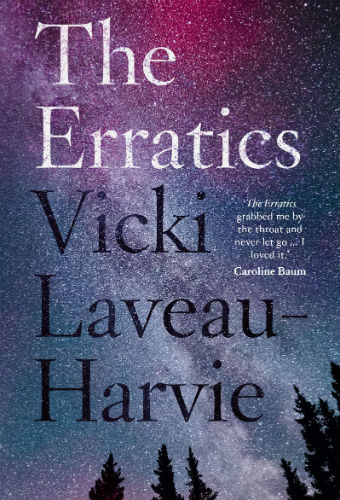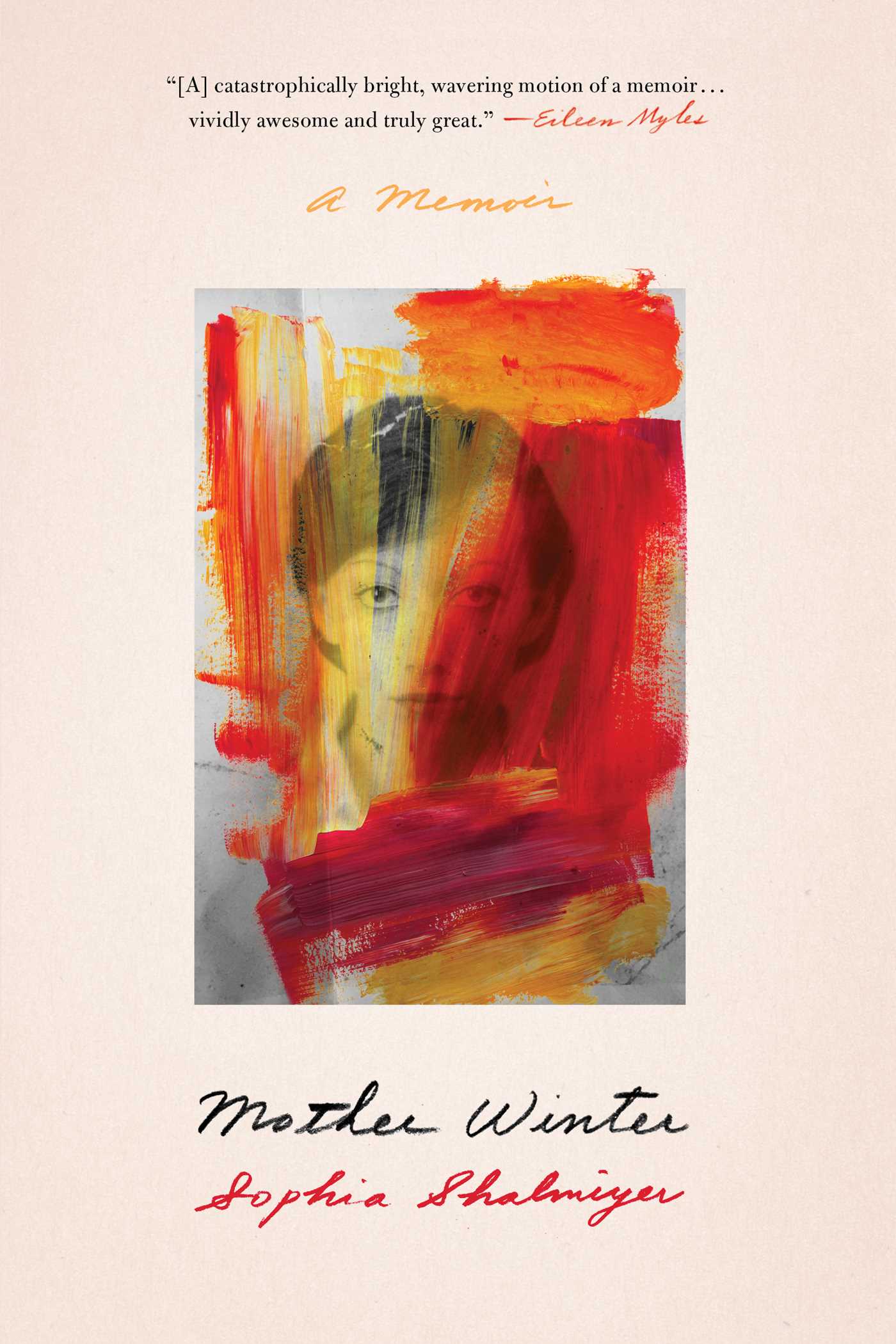News feed

There was a time when the most buzz-worthy memoirs were written by famous people. If I came to your house and snooped through your books (more interesting and revealing than the medicine cabinet, IMHO) I bet I’d find a copy of Tina Fey’s Bossypants, Not That Kind Of Girl by Lena Dunham, or Just Kids by Patti Smith.
Those are all great reads. But recently the memoirs I find myself recommending to people aren’t by celebrities, or politicians, but people I’d never heard of until I came across their book. Hungry for diversity of experience and perspective, we’re devouring the life stories of people who have nothing to do with Hollywood, and book publishers have been listening. Here are three new releases in that vein to curl up with this winter.
All That You Leave Behind, by Erin Lee Carr

Confession: I did know who Erin Lee Carr was before I picked up her just released memoir, All That You Leave Behind. But she’s not a celebrity. Carr is a New York City based journalist and documentary maker, and I remember first becoming aware of her when she worked at Vice circa 2012. Since then, she’s gone on to make documentaries for HBO, including Mommy Dead and Dearest, about the shocking true-crime story of Dee Dee and Gypsy Rose Blanchard, and I Love You Now Die: The Commonwealth vs. Michelle Carter.
But that’s largely a sub-plot. Carr’s memoir is really about her relationship with her father, David Carr, a New York Times journalist who died suddenly on the newsroom floor in 2015 at the age of 56. Processing the unexpected loss of her dad and mentor when she was only 26, Carr goes back through thousands of bits of correspondence between them, looking for answers to the questions she never got to ask him. The inclusion of their emails throughout the book is an intelligent acknowledgment of the era we live in, when so much of our communication with our loved ones is via digital mediums.In All That You Leave Behind ,Carr grapples with addiction – father and daughter both struggled with it at times – family, and grief. Carr generously lets you ride shot-gun with her through the dark tunnel of losing a parent and the struggle of addiction. So when she reaches the light at the other end, pulling herself back up from the depths of grief and on the road to a future as someone who will influence the documentaries that get made about our generation, you cheer with her all the way.
The Erratics, by Vicki Laveau-Harvie

Vicki Laveau-Harvie won the 2019 Stella Prize, the annual literary award for writing by Australian women. In her stunning memoir, The Erratics, Laveau-Harvie, a former academic and translator who was raised in Canada but now resides in Australia, goes back to see her parents in a rural area outside Alberta after nearly 20 years of estrangement. There at the isolated ranch where her parents live, she begins to investigate a troubling possibility – that her mother, who has long struggled with her mental health, is deliberately making her father sick. What unfolds is so shocking and extraordinary I had to remind myself many times it was not fiction but in fact, real-life. Despite the often dark subject matter, and at times honest to the point of being uncomfortable, The Erratics is witty, humorous, sensitive, and compassionate. The Cinderella-story behind it – the author was in her seventies when the book, her debut, was published, only for the publishing house to shut down, and yet the book went on to win the Stella Prize and is back in print – only adds to my gratitude that it exists.
Mother Winter, by Sophia Shalmiyev

Sophia Shalmiyev emigrated to the United States from Russia with her father in 1990 when she was 11 years old, leaving behind her estranged, troubled mother, Elena. Now with two children of her own, Shalmiyev reflects on the hole her mother’s absence has left in her life from the perspective of an artist, a feminist, a woman and a parent. In her shattering, razor-sharp and poetic prose, Shalmiyev takes us to 1980s Leningrad (now St Petersburg), to the Seattle underground music scene, on a trip back to Russia in her twenties to look for Elena and down other mesmerising rabbit holes. Mother Winter is essential reading for anyone who grew up with a parent-shaped hole, or has a complicated relationship with a parent, for immigrants, for feminists, for mothers and daughters. One of the most honest and profound accounts of womanhood I can recall, it’s the kind of book that keeps you up past bed time, gripped, and when it ends, leaves you wishing there was more.









